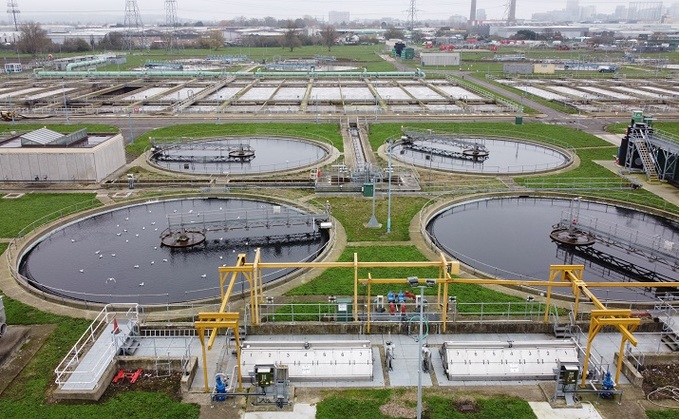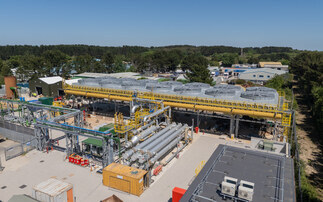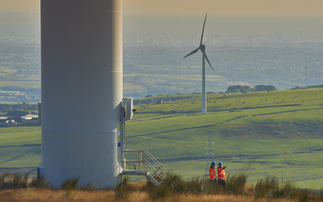
Beddington sewage treatment works - Credit: Thames Water
Hogsmill and Beddington treatment works exporting enough green electricity to power more than 2,000 homes and businesses for six months
Thames Water has revealed it has converted two of its sewage treatment works into "poo power plants", capable of supplying electricity to more than 2,000 south west London homes and businesses for over...
To continue reading this article...
Join BusinessGreen
In just a few clicks you can start your free BusinessGreen Lite membership for 12 months, providing you access to:
- Three complimentary articles per month covering the latest real-time news, analysis, and opinion from Europe’s leading source of information on the Green economy and business
- Receive important and breaking news stories via our daily news alert
- Our weekly newsletter with the best of the week’s green business news and analysis








